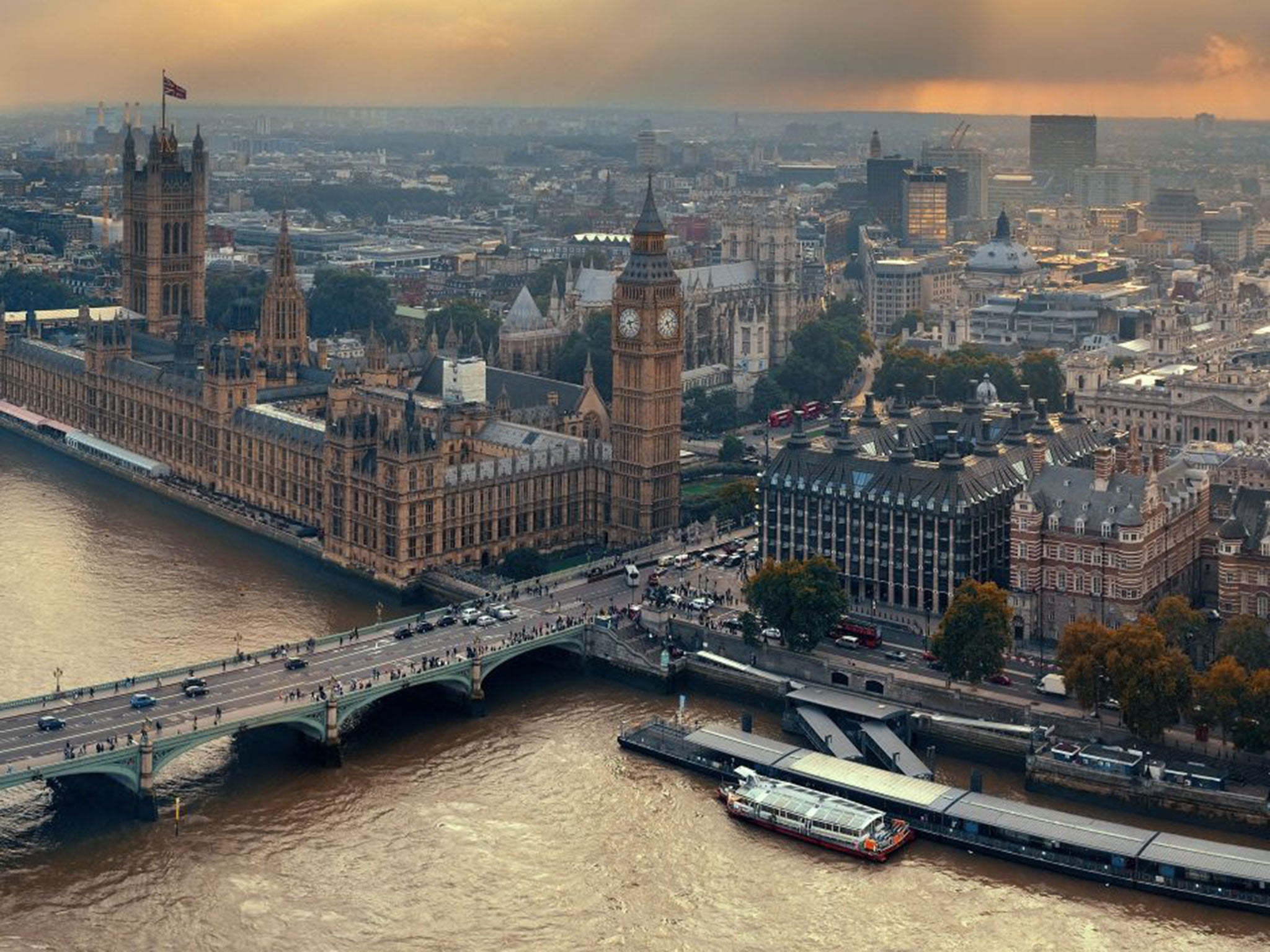MPs’ pay will rise by around £1,000 from April this year, the authority that sets parliamentary salaries has said.
The Independent Parliamentary Standards Authority (IPSA) has awarded members an inflation-busting 1.3 per cent rise, which will amount to £962 when applied to existing pay packets.
The boost comes a year after MPs were handed 10 per cent pay rise as part of a broader review of pay.
The overall salary of MPs, which is currently £74,000, will hit £74,962 on April Fool’s Day.
The rise compares to the Government’s policy of freezing public sector basic pay - including for nurses, teachers, and social workers – at 1 per cent.
MPs’ salaries will now have jumped by £7,902 a year from £67,060 at the end of March 2015 to the new, higher, figure.
The parties agreed in 2009 to devolve MPs’ pay to IPSA, which is an independent body charged with running administering salaries and expenses. It says it acts in the public interest when deciding its policies.
IPSA said the pay rise was shadowing the rest of public sector earnings and was based on previously agreed rules.
“This is in line with our determination on MPs' pay, published in July 2015, where we committed to adjusting MPs' pay for the rest of this Parliament at the same rate as changes in public sector earnings published by the Office of National Statistics,” a spokesperson for the authority said.
“The ONS index takes account of promotions and bonuses which may explain why the figure is higher than the one per cent wider public sector pay policy.”
“The ONS index takes account of promotions and bonuses which may explain why the figure is higher than the 1 per cent wider public sector pay policy.”

Join our commenting forum
Join thought-provoking conversations, follow other Independent readers and see their replies
Comments